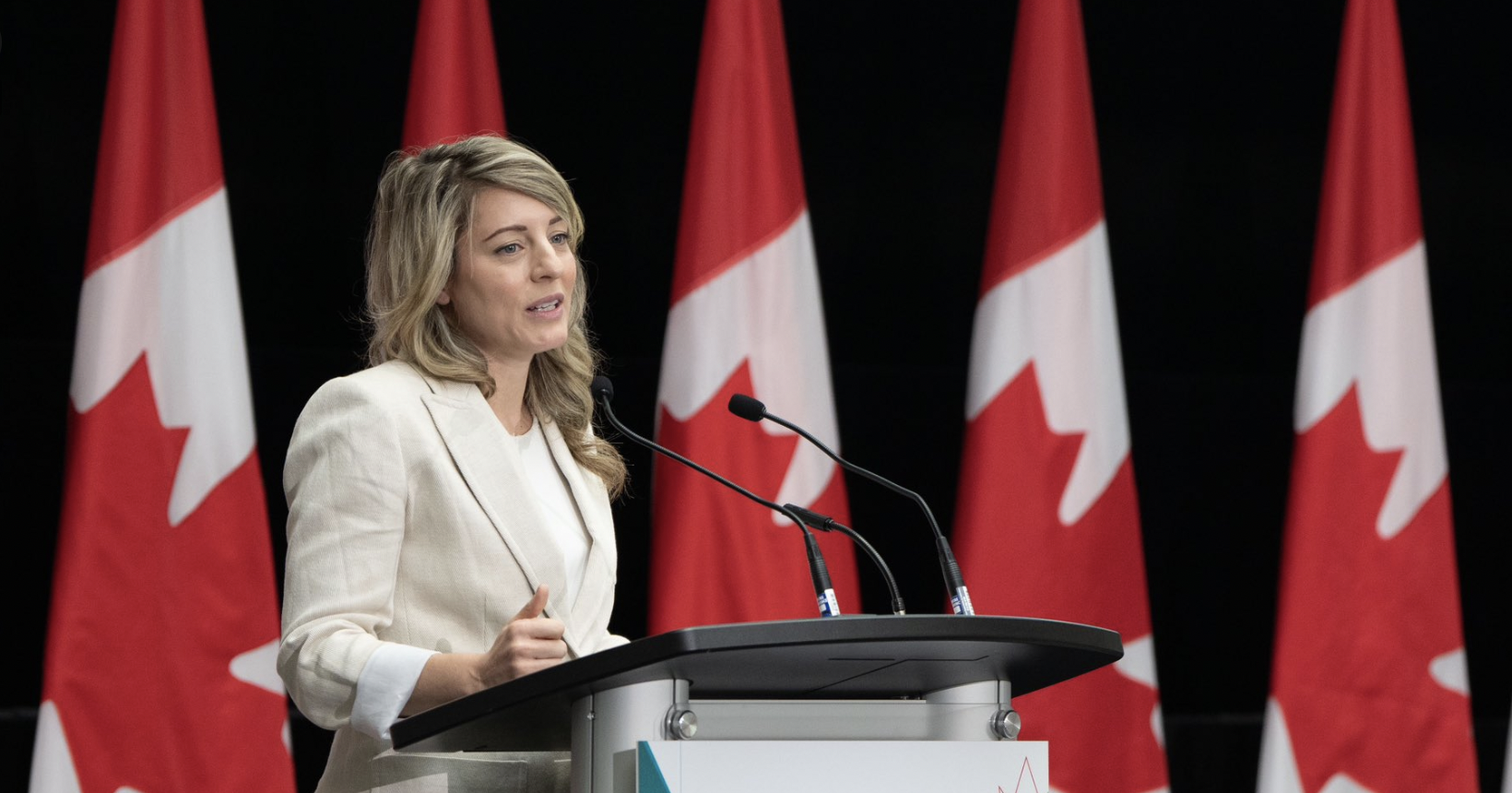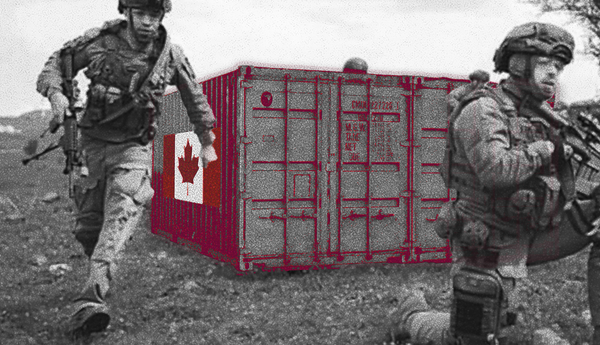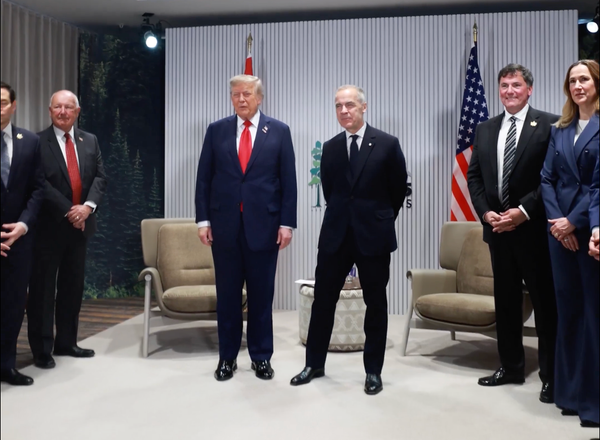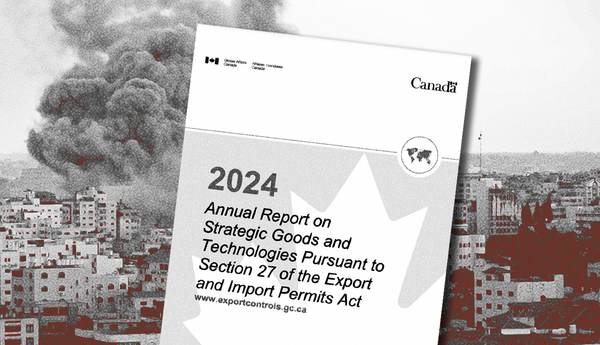Foreign Affairs Minister Mélanie Joly won’t revoke existing permits for exports of military goods to Israel despite this week’s motion in Parliament calling on the government to “cease the further authorization and transfer of arms exports to Israel.”
Joly will only take the non-binding motion’s language to apply to future applications for permits to export military goods to Israel, which was effectively the government’s position before the motion passed.
The language in the motion, which passed on Monday evening, was heavily amended from the original. Other major concessions included removing a call to recognize the State of Palestine.
The NDP’s original motion also called on the government to “suspend all trade in military goods and technology with Israel.” This would have effectively imposed a complete two-way embargo.
Despite the watered-down language of the amended motion, Joly told the Toronto Star this week that she planned to impose a ban on arms exports to Israel that would amount to “a real thing.”
This news spread quickly around the world, with Israeli politicians reacting angrily to Joly’s comments, and some Democratic Party lawmakers in the United States celebrating the announcement.
But according to NDP foreign affairs critic Heather McPherson, existing permits — which authorize potentially tens of millions of dollars worth of military exports to Israel — will not be subject to any changes.
“We did not secure the suspension of permits already approved and will continue to push for that,” McPherson told The Maple in an email.
In a statement sent to Reuters on Wednesday, Global Affairs Canada (GAC) confirmed that existing military export permits would remain in effect.
As revealed by The Maple, the Liberal government authorized at least $28.5 million in export permits for military goods to Israel during the first two months of Israel’s war on Gaza, which to date has killed at least 31,900 Palestinians and inflicted a humanitarian catastrophe on the besieged enclave.
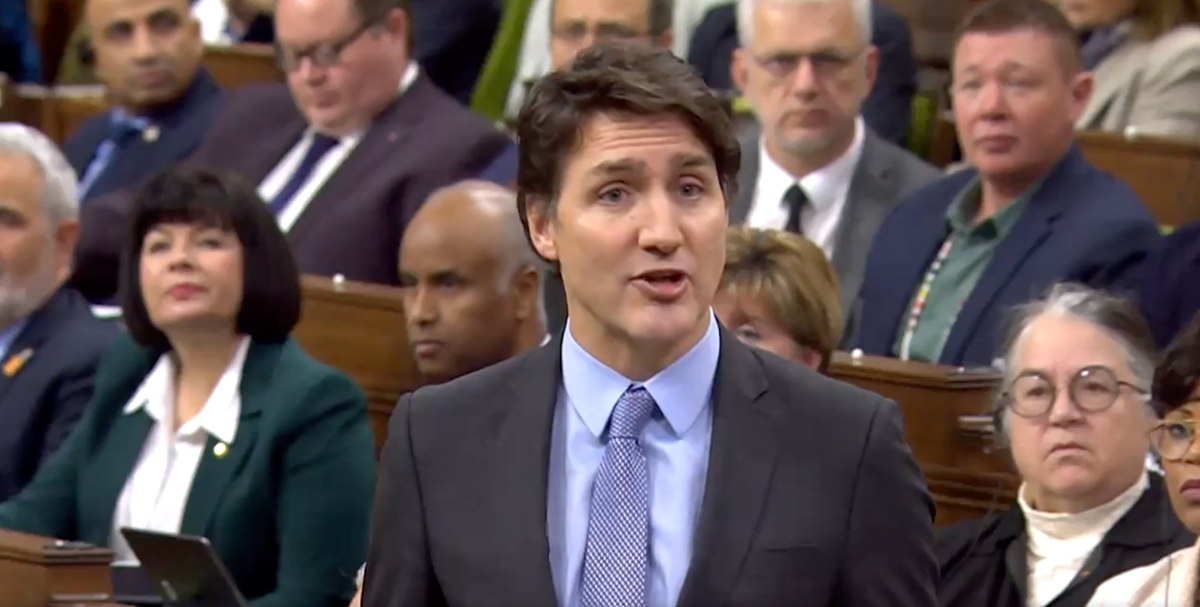
The International Court of Justice ruled in January that South Africa’s case accusing Israel of committing a genocide in Gaza is “plausible.”
There were at least 315 active permits for military sales to Israel listed in GAC’s most recent report on non-U.S. exports.
It is the NDP’s understanding, McPherson added, that the ban on future export permits will apply to all military goods, not just those defined as “full weapon systems” by the ministry.
GAC has repeatedly claimed that all newly authorized military export permits to Israel since the state began its war on Gaza have been for “non-lethal” goods, a term with no legal definition and that could apply to components of weapons.
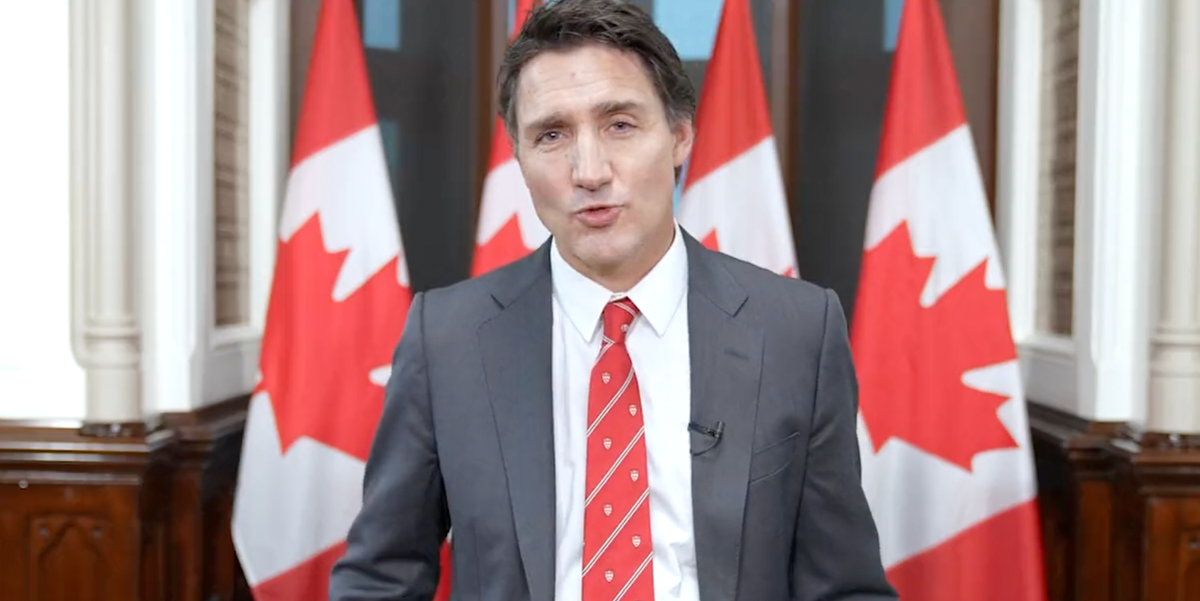
GAC did not respond to The Maple’s request for comment on the matter. However, McPherson’s statement about existing permits being exempt from the ban confirms how Defence Minister Bill Blair appears to have interpreted the motion.
“There are a number of existing contracts that are already in place, but this was a going-forward basis, I think that’s how the minister’s looking at it,” Blair told The Star.
Blair’s comment was highlighted by arms-monitoring expert Kelsey Gallagher, who tweeted Tuesday: “It appears Canada’s newly announced ban on military exports to Israel will only apply to hypothetical, not-yet-approved arms exports, and not those already authorized for transfer.”
Michael Bueckert, vice president of Canadians for Justice and Peace in the Middle East (CJPME), told The Maple that the response to the non-binding motion indicates that the move has “some teeth” in terms of Joly acting upon some of the motion’s demands.
“However, this is very unfortunate to hear that the government has not committed to suspending existing permits,” said Bueckert.
“In the three months following October 7, we had an acceleration of arms export approvals. Presumably not all of those have been sent, which means we could be seeing a lot more arms exports transferring to Israel in the next month.”
Bueckert stressed that the language of the motion called on the government to end the “transfer” of arms to Israel, not just the authorization of new permits.
“From our position, any further transfer of arms to Israel is in violation of the democratic will of Parliament, and what Parliament voted for,” he explained.
This month, anonymous sources told the Star that Joly stopped approving new permits for exports of non-lethal military goods to Israel on January 8 because of the “extremely fluid” nature of the situation in Gaza.
Radio-Canada, meanwhile, reported last week that GAC was “slow-walking” an application to permit Canadian company Roshel to sell armoured patrol vehicles to Israel.
Roshel told CBC: “It is our understanding that these vehicles are not to be used for military purposes, but solely for domestic police operations.”
In response to a message from The Maple, Roshel CEO Roman Shimonov said the buyer of the vehicles was not Israel’s ministry of defence, but did not say which branch of the Israeli government planned to buy the goods.
Alex Cosh is the news editor of The Maple.


